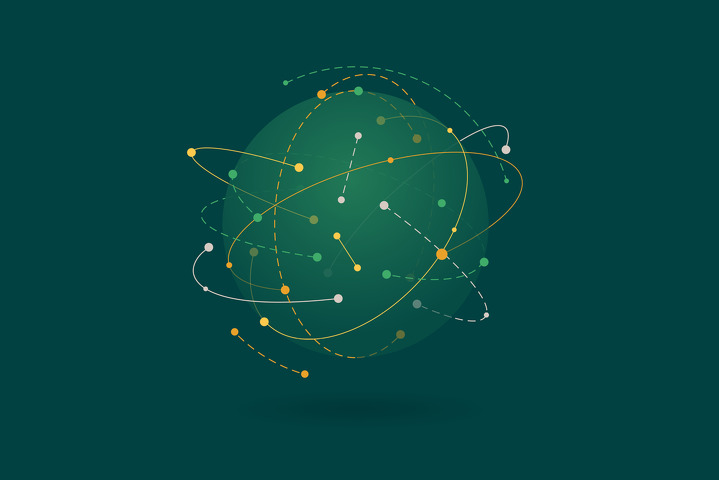In 2021, the Antall József Knowledge Centre participated in the programme series, entitled European Researchers’ Night, for the third time, which was organised at the end of September this year. In the framework of the online event, entitled Past and Current Issues from the World of International Relations, AJKC experts held lectures and offered insight into the most exciting issues in their fields of research.
The opening lecture delivered by Fanni Korpics sought to shed light on the historical reasons of France’s linguistic and cultural diversity. Her presentation was followed by that of Péter Dobrowiecki, who outlined the conflicts arising from cultural and ethnic differences between the countries of the Western Balkan and the possible solutions of these conflicts. Then, Zsombor Szabolcs Pál explained what factors and historical experiences shaped Portugal’s EU policy. The next speaker was Elina Herédi, who approached European climate protection from a global perspective. Lukács Krajcsír, in turn, focussed in his presentation on the “Zambian Lunar Programme,” while Bence Kocsev gave an insight into the impacts of COVID-19 pandemic on globalisation. Following this, Simon Szilvási held a lecture entitled “The Northeast Passage—Opportunities and Realities,” then Zsolt Csepregi elaborated on the significance of Israel’s domestic and foreign policy transformation in 2021. He was followed by Balázs Hamar, who gave a presentation on the latest famine in North Korea, addressing the role of the UN in crisis management. Finally, following the presentation of Norbert Miklós on the significance of digital yuan, Zsófia Gulyás evaluated the diplomatic role of the Mekong in the relations between China and the countries of the Greater Mekong Subregion.
The event was realised with the support of the Prime Minister’s Office of Hungary and the Bethlen Gábor Foundation.

